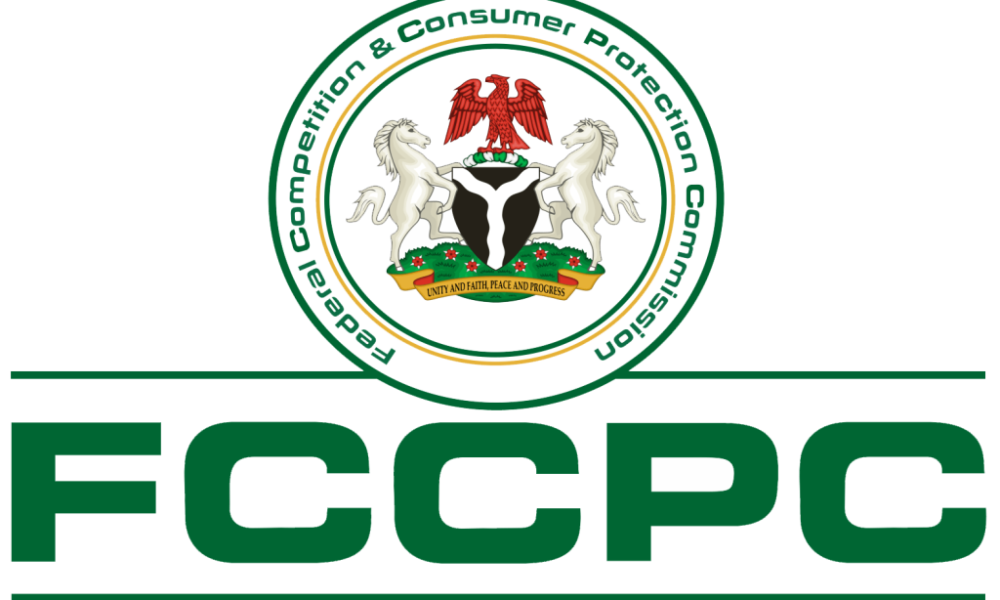In Nigeria, the issue of accurate weight and measure poses significant challenges for consumers across various sectors, from food and beverages to commodities and retail products. The accuracy of measurements directly impacts consumer trust, fairness in trade, and overall economic stability. Addressing these challenges requires a concerted effort from regulatory bodies, businesses, and consumers themselves to ensure transparency, accountability, and consumer protection.
Current Challenges
Inaccurate Weighing Scales and Measures: One of the most prevalent challenges faced by Nigerian consumers is the use of inaccurate weighing scales and measures in markets, supermarkets, and retail outlets. This results in consumers receiving less product than they paid for, leading to financial losses and distrust in vendors.
Lack of Standardization: Inconsistent standards for weights and measures across different regions and sectors contribute to confusion and exploitation of consumers. The absence of uniform regulations allows for varying practices that may not prioritize consumer rights or fairness in trade.
Counterfeit and Substandard Equipment: The presence of counterfeit or substandard weighing scales and measuring devices further exacerbates the problem. These devices often do not meet calibration standards, leading to inaccurate measurements that disadvantage consumers.
Limited Awareness and Education: Many consumers are unaware of their rights regarding accurate weighing and measuring practices. Lack of awareness hampers their ability to identify discrepancies and take appropriate action when faced with unfair practices.
Enforcement and Compliance Issues: Regulatory enforcement of weight and measure standards faces challenges such as corruption, inadequate resources, and bureaucratic inefficiencies. This undermines efforts to curb malpractices and protect consumer interests effectively.
The Way Forward
Enhanced Regulatory Oversight: Strengthening regulatory bodies such as the Standards Organization of Nigeria (SON) and the Weights and Measures Department to ensure rigorous enforcement of standards. Regular inspections, calibration checks, and penalties for non-compliance are essential to deter fraudulent practices.
Standardization and Harmonization: Developing and implementing uniform standards for weights and measures across all sectors and regions in Nigeria. This includes ensuring that measuring devices used by businesses are certified and regularly calibrated to maintain accuracy.
Consumer Education and Empowerment: Launching awareness campaigns to educate consumers about their rights regarding accurate measurement and how to identify signs of unfair practices. Empowering consumers with knowledge enables them to make informed choices and demand accountability from vendors.
Technology and Innovation: Embracing technological solutions such as electronic weighing scales and automated measurement systems that enhance accuracy and transparency. Utilizing digital platforms for consumer feedback and reporting discrepancies can improve responsiveness and accountability.
Collaboration with Stakeholders: Encouraging collaboration between government agencies, industry associations, consumer protection groups, and businesses to promote best practices in weights and measures. Stakeholder engagement fosters dialogue, innovation, and shared responsibility in upholding standards.
Conclusion
Addressing the challenges of weight and measure in Nigeria requires a holistic approach that combines regulatory diligence, consumer empowerment, technological innovation, and collaborative efforts among stakeholders. By ensuring accurate measurement practices, Nigeria can enhance consumer trust, promote fair trade practices, and contribute to economic growth and stability. Upholding standards in weights and measures is not only a matter of consumer rights but also a foundational element of a robust and equitable marketplace.










Pingback: Challenges of Weight and Measure for Nigerian Consumers and the Way Forward -